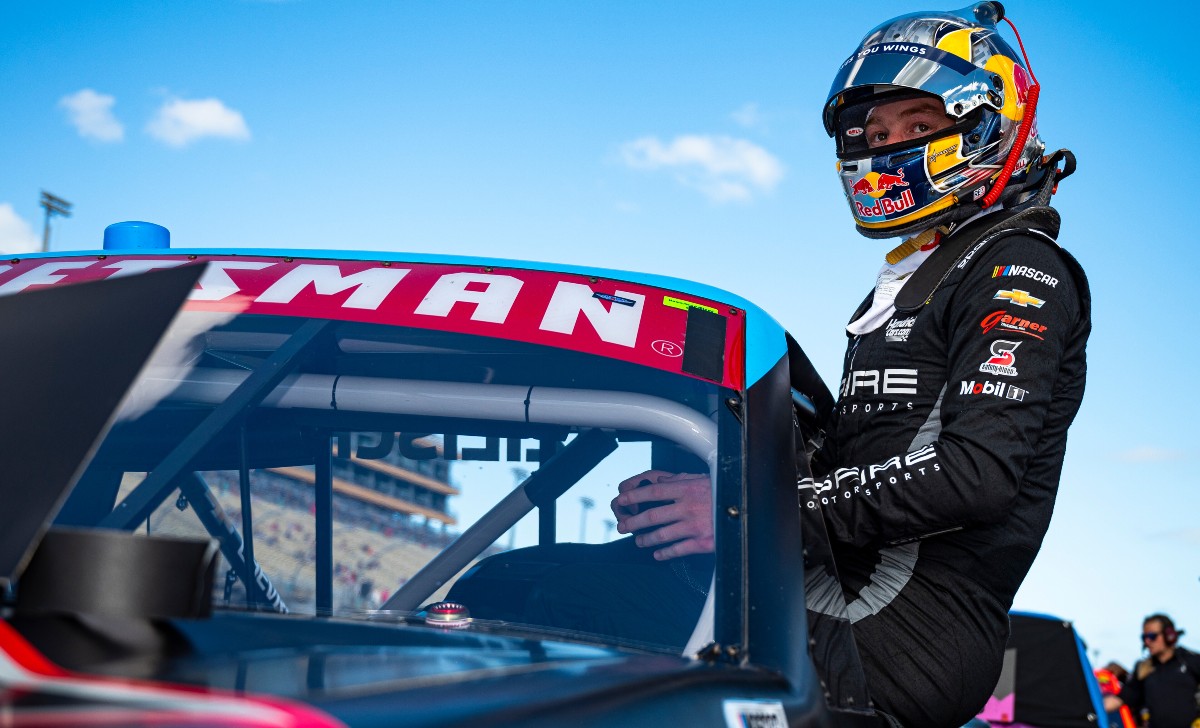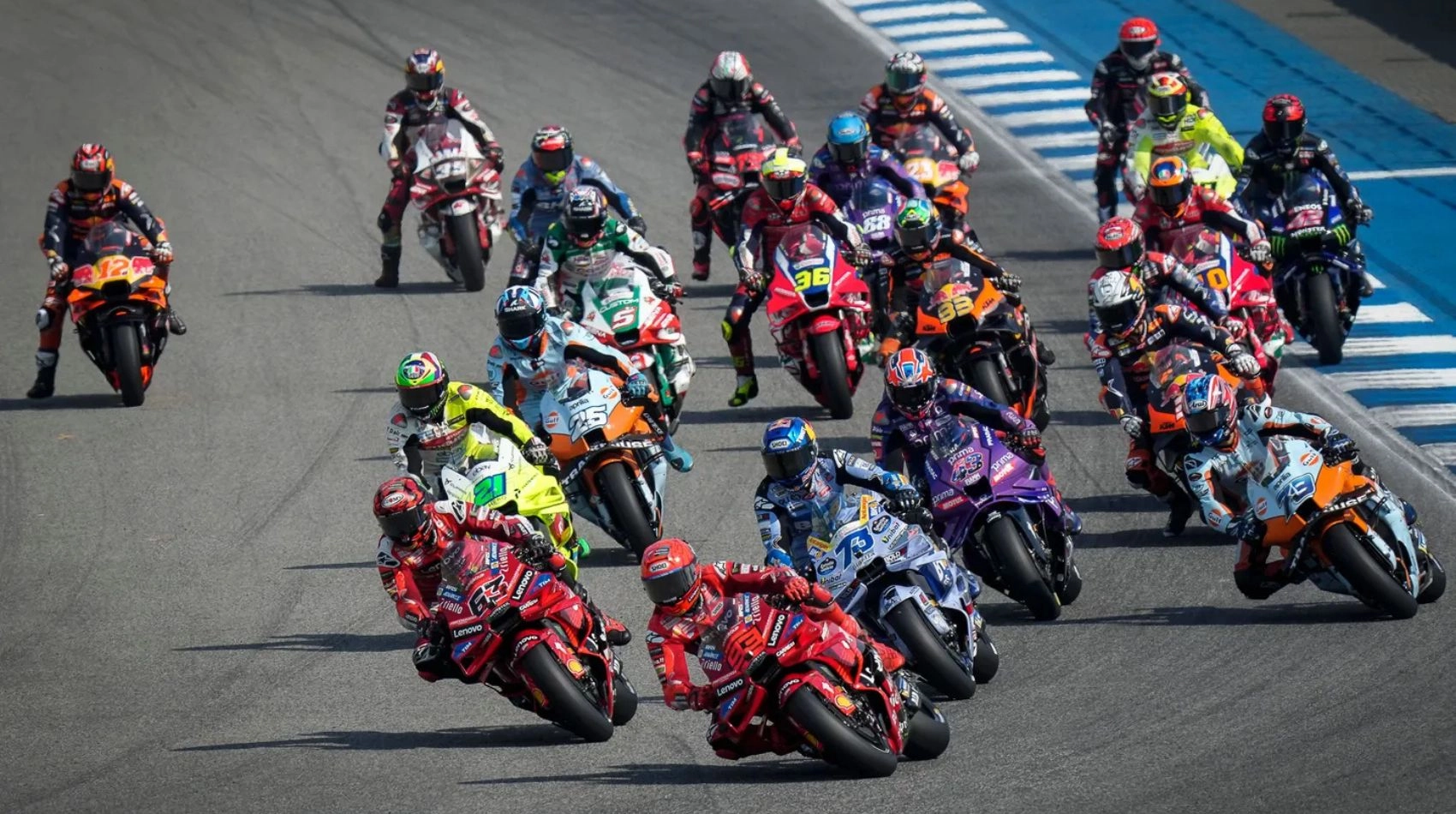NASCAR recently issued substantial penalties to Bubba Wallace, Austin Dillon, and Ross Chastain, along with their respective teams, following controversial events during the Martinsville Cup race. The penalties, which include hefty fines, point deductions, and suspensions, were the result of an investigation into potential race manipulation strategies employed by the teams in the closing laps of the Round of 8 elimination race.
Understanding NASCAR’s Penalties for Race Manipulation
After a thorough review of radio communications from the race, NASCAR determined that certain tactics used by the No. 23 23XI Racing Toyota of Wallace, the No. 3 Richard Childress Racing Chevrolet of Dillon, and the No. 1 Trackhouse Racing Chevrolet of Chastain were designed to influence the race’s outcome. As a result, each driver and team received a $100,000 fine, a 50-point deduction in both driver and owner standings, and one-race suspensions for crew chiefs, spotters, and key team executives.
Team Impact and Response
23XI Racing: For Bubba Wallace and the 23XI Racing team, this penalty meant that several critical team members, including team executive Dave Rogers, crew chief Bootie Barker, and spotter Freddie Kraft, would not be available for the season finale. Additionally, the 50-point penalty affected Wallace’s standing, dropping him from 17th to 18th in the driver championship.
After initially considering an appeal, 23XI Racing chose to withdraw it, releasing a statement expressing disagreement with NASCAR’s ruling but ultimately deciding to prioritize championship preparations over pursuing the appeal process.
Trackhouse Racing: Ross Chastain and his Trackhouse Racing team faced similar penalties. The team’s executive Tony Lunders, along with Chastain’s crew chief Phil Surgen and spotter Brandon McReynolds, were suspended for the final race of the season. Unlike Wallace, Chastain’s points position remained stable, as the penalty did not impact his ranking.
Richard Childress Racing (RCR): Austin Dillon and RCR faced the harshest point penalty impact. With a 50-point deduction, Dillon fell from 28th to 33rd in the standings. Key RCR team members, including executive Keith Rodden, crew chief Justin Alexander, and spotter Brandon Benesch, also received suspensions, impacting RCR’s operations for the season’s close.
What Led to the Controversy?
The penalties stemmed from a chain of events in the final laps of the Martinsville race. With Christopher Bell, who was fighting for a Championship 4 spot, and William Byron in a tight points battle, strategic blocking by Dillon and Chastain appeared to limit the chances for Bell’s competitors. Dillon and Chastain ran side-by-side behind Byron, effectively creating a “rolling roadblock” that prevented other drivers from challenging Byron’s position.
Radio communications revealed exchanges hinting at this strategy, including a conversation from Dillon’s team about making sure the No. 1 car “knew the deal.” At the same time, Wallace was heard making a remark about assisting a Joe Gibbs Racing car, referring to Bell’s Toyota. Though Wallace reported a tire issue late in the race, his vehicle showed no clear signs of damage, sparking speculation about whether his slowdown was intended to give Bell an edge.
NASCAR’s Message on Race Integrity
By issuing these penalties, NASCAR has underscored its commitment to fair competition and race integrity. Although race tactics and alliances are common in motorsports, NASCAR’s response shows that intentional race manipulation will not be tolerated. These penalties serve as a reminder to teams and drivers alike about the importance of upholding the sport’s integrity, even under the pressure of high-stakes championship races.
NASCAR fans and analysts continue to discuss the Martinsville incident and its impact on the playoff race, underscoring the complexities of balancing team strategy with fair play. As the championship season concludes, all eyes are on NASCAR to see how the series will address similar controversies in the future.





